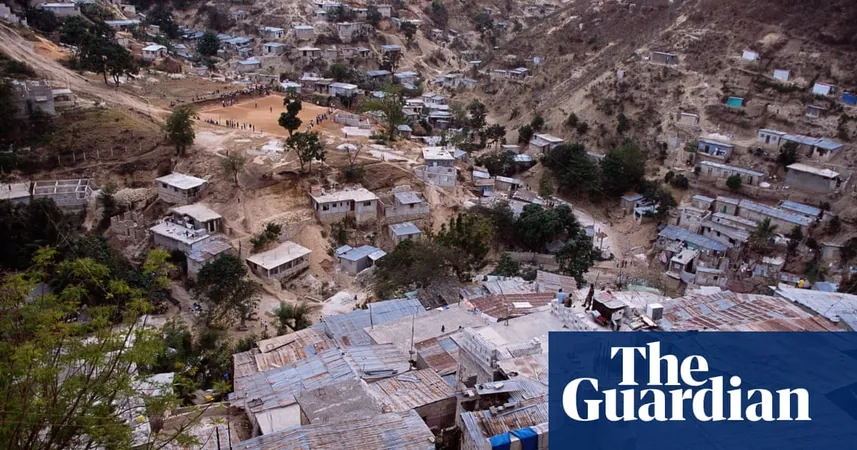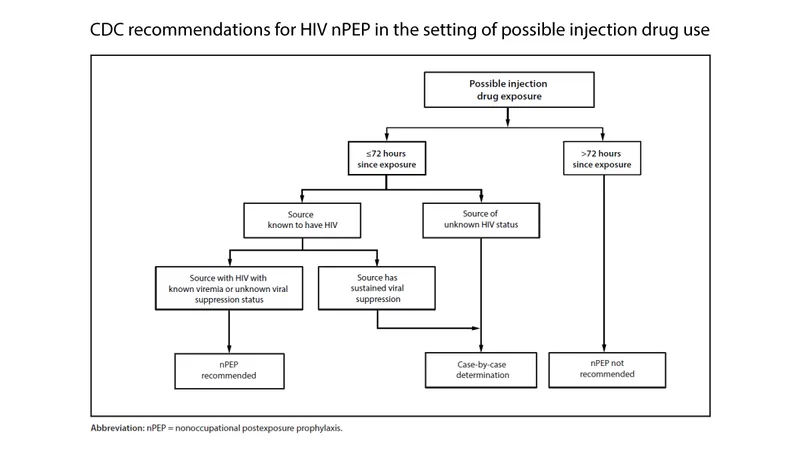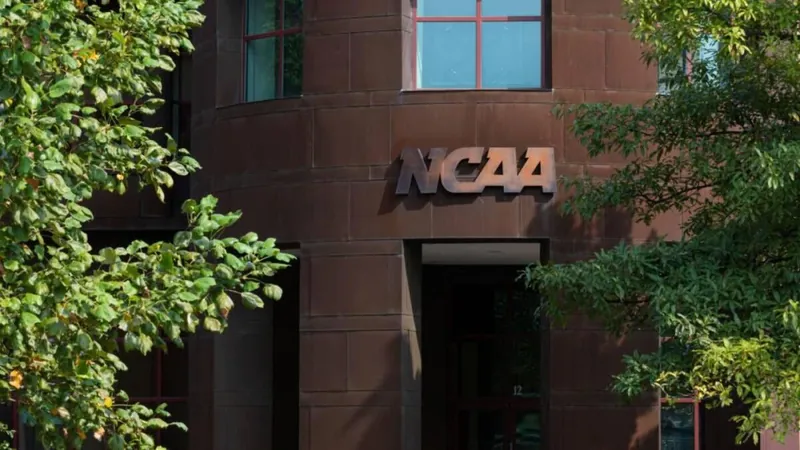
Macron's Bold Move: Joint Commission with Haiti Sparks Reparations Debate
2025-04-17
Author: Ting
A Historic Pact Unveiled
Emmanuel Macron, the President of France, has made a groundbreaking announcement: a joint commission with Haiti aimed at exploring the countries’ entwined histories. This comes as Haitian advocates press for reparations, demanding billions in restitution for what they term a historical ‘ransom’ paid to France.
The Cost of Freedom: A Heavy Toll
In a powerful statement marking the 200th anniversary of a controversial agreement, Macron acknowledged the cost of Haiti’s liberty. In 1825, Haiti agreed to pay a staggering sum of 150 million francs to France as compensation for former slave owners, a decision Macron described as placing a price on the freedom of a nascent nation.
Though the figure was later reduced to 90 million, current estimates suggest that the equivalent sum could range between $38 billion and $135 billion, reflecting both lost revenue and economic downsizing as assessed by Fritz Deshommes, president of the Haitian National Committee on Restitution and Reparations.
Understanding the Historical Debt
Macron emphasized the new commission's critical role in examining the shared historical narrative, stating it would offer recommendations to facilitate a more harmonious future. Haiti, once France's most lucrative colony, has borne the scars of a brutal past, where countless Africans were enslaved and transported.
Following its revolutionary victory in 1804, Haiti faced significant challenges, including claims for what was labeled an exorbitant ransom that has since been a point of contention. Jean Mozart Feron, a member of the HNCRR, commented on the crippling financial legacy of this ransom, which diverted resources that could have been utilized for education and infrastructure, thrusting Haiti into a cycle of poverty.
A Call for Global Support
Haitian activists are not just seeking acknowledgment but urgent restitution for the economic harm inflicted over the centuries. They are regrouping with the Caribbean Community (Caricom), which has established a comprehensive ten-point plan for reparatory justice. Dr. Carla Barnett, secretary-general of Caricom, underscored the urgent need to address Haiti's current crises, linking them to the historical injustices.
Facing the Past Together
Macron expressed a commitment to confronting France’s colonial legacy, acknowledging the difficult truths of their shared history. He drew parallels between Haiti’s revolutionary struggles and the ideals of the French Revolution, emphasizing that both nations could have gained from a united path forward.
In rallying global support for Haiti’s reparations claim, he asserted that while Haitian citizens do not blame the French populace for past decisions, the French people hold a moral obligation to stand in solidarity with Haiti.
Navigating Crises: The Stakes are High
Haiti has been mired in instability, particularly since the assassination of President Jovenel Moïse in 2021 and the ensuing gang violence that has spiraled the nation into chaos. Despite these challenges, campaigners like Feron are determined to ensure that any reparations are managed transparently and responsibly.
Feron insists the crisis does not negate Haiti's historical grievances, emphasizing their ongoing commitment to civil society collaboration to advise the Haitian government on effective use of reparations.





 Brasil (PT)
Brasil (PT)
 Canada (EN)
Canada (EN)
 Chile (ES)
Chile (ES)
 Česko (CS)
Česko (CS)
 대한민국 (KO)
대한민국 (KO)
 España (ES)
España (ES)
 France (FR)
France (FR)
 Hong Kong (EN)
Hong Kong (EN)
 Italia (IT)
Italia (IT)
 日本 (JA)
日本 (JA)
 Magyarország (HU)
Magyarország (HU)
 Norge (NO)
Norge (NO)
 Polska (PL)
Polska (PL)
 Schweiz (DE)
Schweiz (DE)
 Singapore (EN)
Singapore (EN)
 Sverige (SV)
Sverige (SV)
 Suomi (FI)
Suomi (FI)
 Türkiye (TR)
Türkiye (TR)
 الإمارات العربية المتحدة (AR)
الإمارات العربية المتحدة (AR)